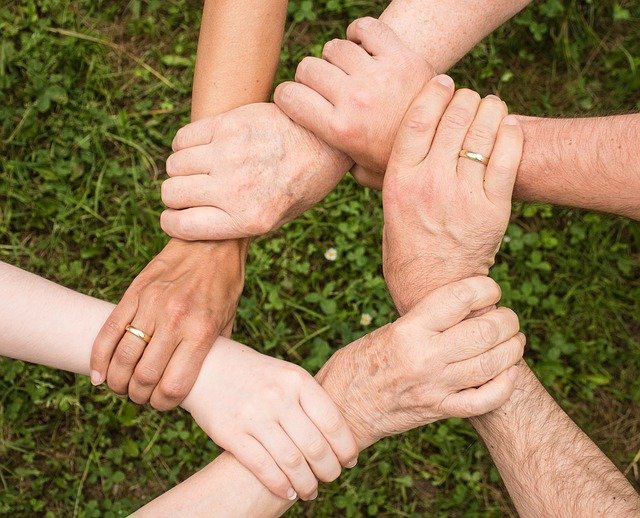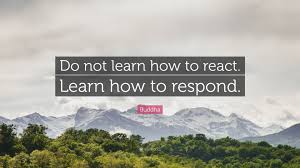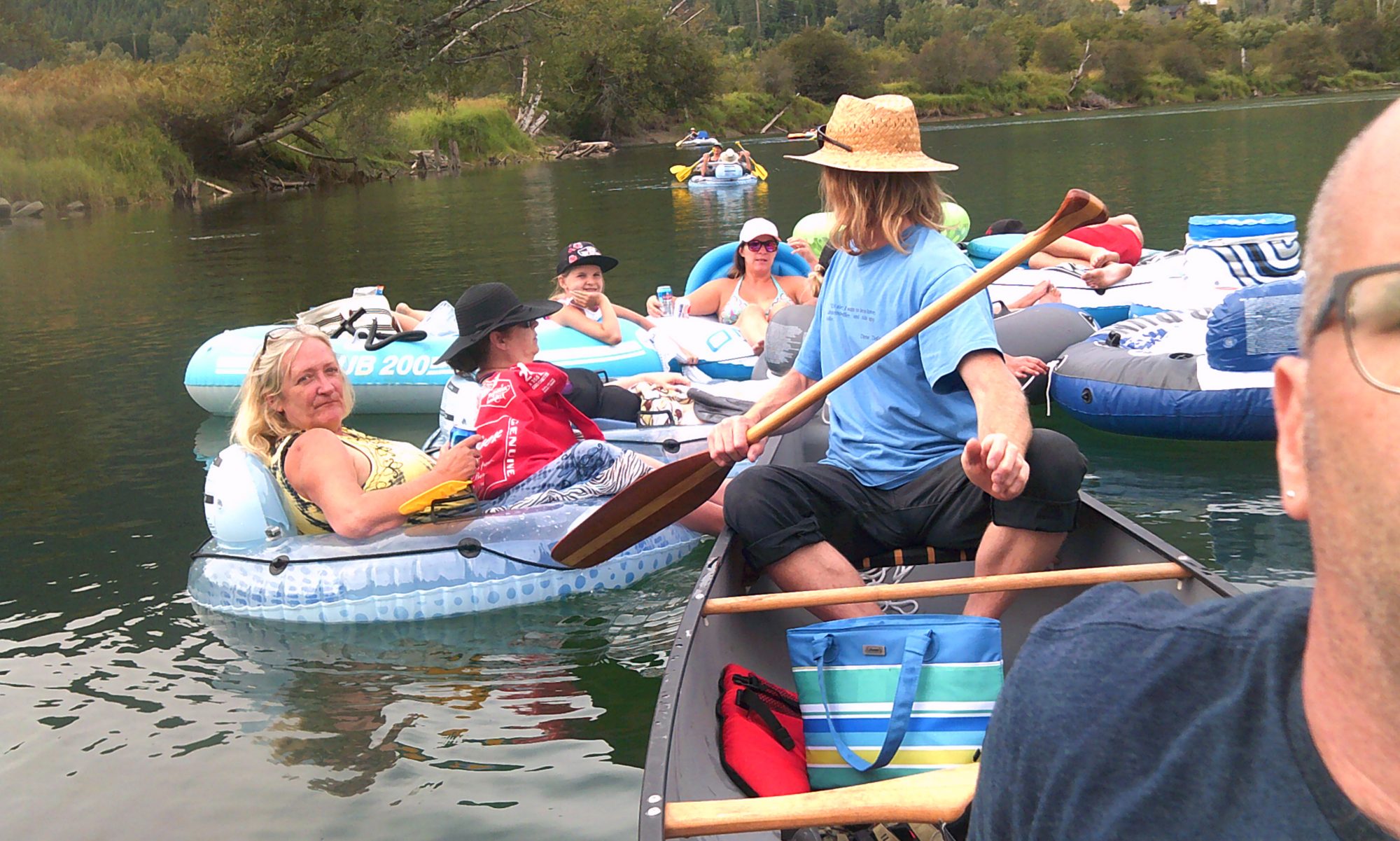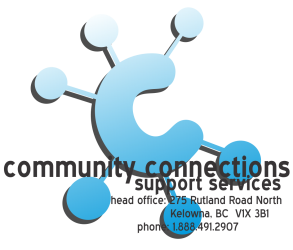Hey everyone, if you’re interested in Foodsafe Level 1, Kim has a class coming up on Dec 14th (assuming no further regulatory changes) at the Kanata Kelowna Hotel starting at 8:30am. Contact Kim for info: Kimberley Cresswell (FOODSAFE Level 1 Certified Instructor) at kcresswell@shaw.ca or call 250.863.8112.
Caregiver Supports…

We are focusing on CAREGIVERS this month! We have talked about some big caregiver issues – stress, compassion fatigue, and tools & training. One piece of advice offered to help cope is to connect with other caregivers and others who understand what you’re going through – in person or online! A way to connect virtually can be through podcasts for caregivers. For examples, there is a link here where you can check out a podcast called The Giving Tree by Amanda Rocheleau (a Registered Social Worker and compassion fatigue specialist) for helping professionals and caregivers.
THANK YOU CAREGIVERS for all you do!
Caregiving And…TOOLS & TRAINING
We are celebrating Caregivers the whole month of November! This week we are talking about Tools & Training. Let’s dive right in.
DIVING IN: What are tools and training? You are a caregiver, and the work you do is very important and very rewarding – but it can also mean you’re faced with changes and have to respond. Tools and training are the things that can help you respond. Tools and training can be anything from workshops and seminars, to articles and books, to videos and panel conversations, to forms and policies, to templates, plans, and checklists, to strategies and techniques…while it’s impossible to list them all in one paragraph, it’s true that, in a digital age, tools and training opportunities are more accessible than every thanks to think internet.

DRILLING DOWN: Why bother with tools and training? Changes can happen fast, whether it’s the needs of the person you support, your personal situation, or the world we live in — as we have seen this year with COVID-19! It can be stressful and feel overwhelming. One piece of advice to help cope with caregiver stress is focusing on the things you can control – like having a plan or developing skills that support you to respond to unexpected changes when they happen. Tools and training help you to feel prepared.
DIGGING DEEP: How to find tools, and get training. Tools and training are more accessible today than ever before. Which resources and opportunities to pick depends on your individual circumstances. We can often help point you in the right direction, if you ask us! Here are a some examples.
TOOLS:
- for supporting people who have multiple sclerosis, dementia, or cancer
- for sleep quality issues and improvement
- for helping identify compassion fatigue and burnout
- for help tracking mood and managing anxiety
- for online safety and teaching internet safety
- for planning and quality of life inspiration
- for a way to self-manage anxiety using an app
- for focusing on quick, 3-minute care tips
TRAINING:
- in putting on and taking off personal protective equipment, wearing a mask, and handwashing
- in behavioural support and nonviolent crisis intervention (we have certified MANDT trainers on staff!)
- in wills, trusts, estate, and future planning
- in psychological health and wellness, and managing fear and anxiety, in the COVID-19 era
- in relationships between social work, stress and burnout
- in mental health communication skills
- in addressing issues such as self-forgiveness, removing psychological blocks to love, resolving major life dilemmas through videos by William P. Ryan (PhD)
- in a variety of caregiver-specific topics through an archive of monthly webinars (going all the way back to 2010!)
- in over 25 topics featured in “side by side” modules to complete with the person you support
Did you know you can access all of Open Future Learning through CCSS? Let us know you’re interested, and we will set you up!
Your social distancing reminder of the week…
…is all about what 6 feet REALLY looks like! How far apart is 6 feet? What does a 6-foot distance look like in real life? Thanks for this video, Emily! Let’s all stay healthy and safe, by keeping at least 2m (6 feet) apart!
WEBINAR: Supports for People with Dementia
Hey everyone, there is a webinar coming up on Monday, November 30, 2020 from 2-3:30 PM (EST) all about Person-Centered Supports for People with Dementia Living in the Community. To register, click here. More info below!
Panelists will discuss their personal and professional experiences with dementia, along with individual, community, and system level approaches to make supports for people with dementia more person-centered. Participants will learn about the definition of person-centered thinking, planning, and practice, and will hear the panelists answer questions such as: What do person-centered dementia supports look like to you? What are community approaches to support people living with dementia in a person-centered way?
Wearing a Mask…
Hey everyone, check out this video on how to wear a mask properly.
Know How to Wear Your Face Mask Correctly , Centers for Disease Control and Prevention (CDC) (Sep 2, 2020)
Thanks to Emily for this video!
Caregiver Supports…

We are focusing on CAREGIVERS this month! We have talked about some BIG caregiver issues – stress and compassion fatigue. One piece of advice offered to help cope is to focus more on the things you can control – like planning, and organization. Teva Canada has a great list of caregiver resources, with tools that can help you with planning and organization. Check out this one, designed to help keep important contact information up-to-date and organized in one spot: Tracking My Support Network printable download.
THANK YOU CAREGIVERS for all you do!
Caregiving And…COMPASSION FATIGUE
We are celebrating Caregivers the whole month of November! This week we are talking about compassion fatigue. Let’s dive right in.
DIVING IN: What is compassion fatigue? You are a caregiver, and the work you do is very important and very rewarding – but it can also take a toll on you when you are supporting someone who is suffering. The big picture? Compassion fatigue is a set of symptoms and not just one thing that caregivers experience when they provide care to people who are experiencing significant emotional or physical pain and suffering.
DRILLING DOWN: How does compassion fatigue affect caregivers? Sometimes compassion fatigue gets talked about like burnout – but, these are two different things. Last week, we talked about stress and burnout. Check out this video that helps explain the difference between compassion fatigue and burnout:
Compassion fatigue can affect each person differently. You can find more resources adapted from “The Compassion Fatigue Workbook” and a compassion fatigue self-assessment on this website recommended by posAbilities.
DIGGING DEEP: What to do about it! Managing symptoms of compassion fatigue includes seeking support and engaging in authentic, sustainable self-care. This website is dedicated to “self-compassion,” and this website has a list of 9 principles and a page of 9 ideas that can help. Share which ones you think are best in the comments!
Caregiver Supports…

You might have heard that we are focusing on CAREGIVERS this month! We started off talking a lot about a BIG caregiver issue — stress.
One of the key pieces of advice offered to counter caregiver stress is connecting with others – especially other caregivers! While COVID-19 can make it challenging to connect safely in person, there are online options to connect with others. Teva Canada has a great list of Canadian caregiver support networks. Check out this BC group: Family Caregivers of British Columbia.
THANK YOU CAREGIVERS for all you do!
Caregiving And…STRESS
We are featuring Caregivers for the whole month of November! You can expect us post about requested topics and issues specific to caregivers. Let’s dive right in.
DIVING IN: Stress and caregiving —You are a caregiver, and the work you do is very important and very rewarding – but it can also be very stressful when the work is never truly “done.” Meet the Frates family, as they talk about some of the challenges of caregiving.
DRILLING DOWN: Risks and burnout — Experiencing stress (emotionally and physically) is common for most caregivers – but did you know there’s also risk factors that make you more likely to experience stress as a caregiver? You can read the full list here, but it includes living with the person you are caring for, being socially isolated, having depression, and experiencing financial difficulties. Even if these factors don’t apply you in a “typical” year, keep in mind that this hasn’t been “a typical year.” You might experience these risk factors this year because of the Coronavirus (COVID-19) pandemic, or these factors might be affecting you more now than they did before. Over time, stress can lead to burnout. Here are some signs of caregiver stress and burnout.
DIGGING DEEP: Taking action — Coping with stress can look different for everyone, but taking action includes acknowledging and talking about stress, recognizing and talking about the risks of burnout, and prioritizing taking care of yourself in an ongoing way. There are also 27 specific coping strategies on this website. Share which ones you think are best in the comments!


